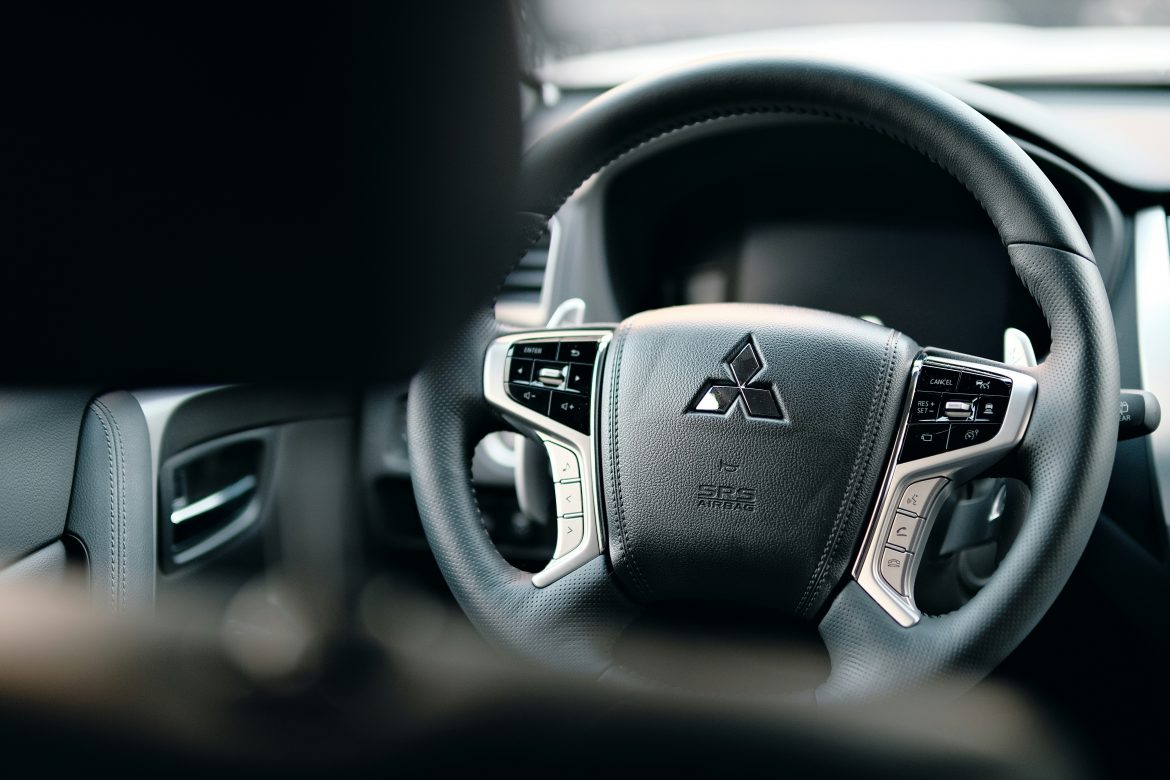Mitsubishi Electric and auto parts supplier Aisin are set to establish a joint venture focused on electric and hybrid vehicle components, according to Nikkei. This partnership aims to leverage their combined scale for more efficient research and development amid increasing price competition. The new company, which will be majority-owned by Mitsubishi Electric, will focus on developing and producing components such as energy-saving inverters. By concentrating on their respective areas of expertise, Mitsubishi Electric and Aisin aim to enhance their R&D efficiency.
Mitsubishi Electric’s automotive equipment business, which includes power steering and advanced driver assistance systems, reported sales of 944.1 billion yen ($6.03 billion) last fiscal year. The company has been transitioning away from products like navigation systems and fuel injectors for gasoline-powered vehicles to focus more on EVs. This shift was part of the reason behind the spin-off of its automotive business into Mitsubishi Electric Mobility, which began operations in April to facilitate external collaborations.
Aisin, a Toyota Motor affiliate, specializes in powertrains, brakes, and body components. It was Japan’s second-largest auto parts company last fiscal year, with sales of 4.91 trillion yen, second only to Denso. As the world’s leading supplier of automatic transmissions, Aisin anticipates a decline in demand if EVs continue to grow in popularity. To counter this, the company has expressed intentions to increase strategic partnerships to establish new growth areas.
The auto industry is under pressure to adapt to new technologies such as electrification and autonomous driving, necessitating substantial investments in R&D. For example, Honda Motor plans to invest 10 trillion yen in electric vehicles and software by fiscal 2030. Meanwhile, China, the world’s largest EV market, faces overcapacity issues that are driving down prices, impacting parts makers. Nidec, for instance, is temporarily scaling back its E-Axle traction motor system business in China to improve profit margins.
In the 2010s, electrical equipment makers began shifting from consumer products like home appliances to commercial-focused fields such as automotive and IT due to increasing price competition. However, the auto industry demands both low costs and high quality from suppliers. As EVs reshape the industry, other companies are also restructuring. In 2021, Hitachi merged its auto parts unit with three former Honda affiliates to create Hitachi Astemo, reflecting the broader trend of consolidation and realignment in the automotive sector.



